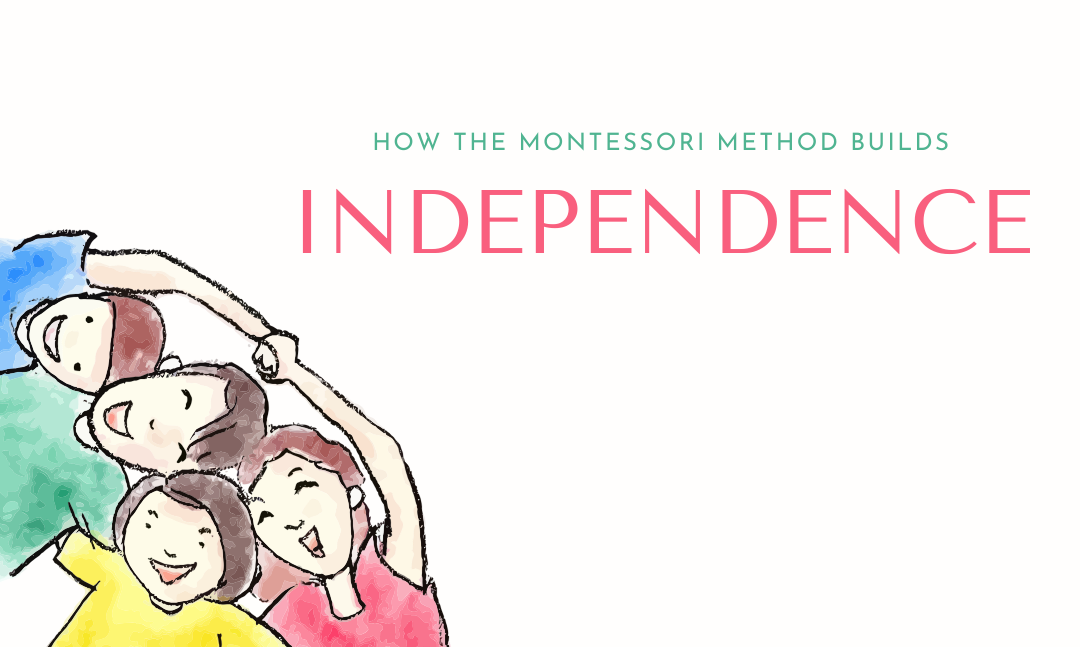As parents, we all hope for our children to develop a strong sense of independence by the time they reach adulthood. Healthy doses of age-appropriate independence are critical to help children become self-starters and to teach them to differentiate between a time to rely upon parental support and a time where they are capable of completing a task themselves.
One of the cornerstones of the Montessori Method, developed more than 100 years ago by Dr. Maria Montessori, is the concept of the Four Planes of Development. Each plane corresponds with stages in child development and is rooted in a concept of independence that children explore in that plane. The four planes are as follows:
- Plane one (ages 0 to 6) – Physical independence
- Plane two (ages 7 to 12) – Mental independence
- Plane three (ages 13 to 18) – Social independence
- Plane four (ages 18 to 24) – Spiritual and moral independence
In a Montessori school, classroom environments are formulated around the planes of development and the needs of the students within each plane. Therefore, there is no time during a child’s education where they are coddled – they are always encouraged to explore their environment independently, as all tasks within are appropriate for their stage of development.
The educational structure within the Montessori environment also emphasizes the importance of self-motivation and autonomy. Guides encourage students to explore the environment and interact with the materials housed within. Through this process, students develop a sense of purpose and control over their educational experience. They are less reliant on guide instruction and are more likely to problem-solve on their own.
Of course, self-starting looks different for children in each plane and will vary from child to child. Children in the first plane are developing movement and motor skills, language and an understanding of their senses, but they still have a desire for purposeful work. Early in this plane, students might mirror a guide’s cleaning practices, grabbing a towel and attempting to wipe a table. As they age within the plane, they learn about the importance of maintaining one’s environment and will begin to complete these tasks independently and with more refined skill.
Because the Montessori Method is rooted in the biological principles of child development, the method creates age-appropriate opportunities for independence. Children feel cared for and supported but simultaneously challenged to learn and grow. This lesson is rooted in their core and can carry them through adolescence and into adulthood.
Dr. Montessori said it best herself: “Normal developmental milestones such as weaning, walking, talking, etc. can be seen as a series of events which enable the child to achieve increased individuation, autonomy and self-regulation. Throughout the four planes of development, the child and young adult continuously seek to become more independent. It is as if the child says, help me to help myself.”

